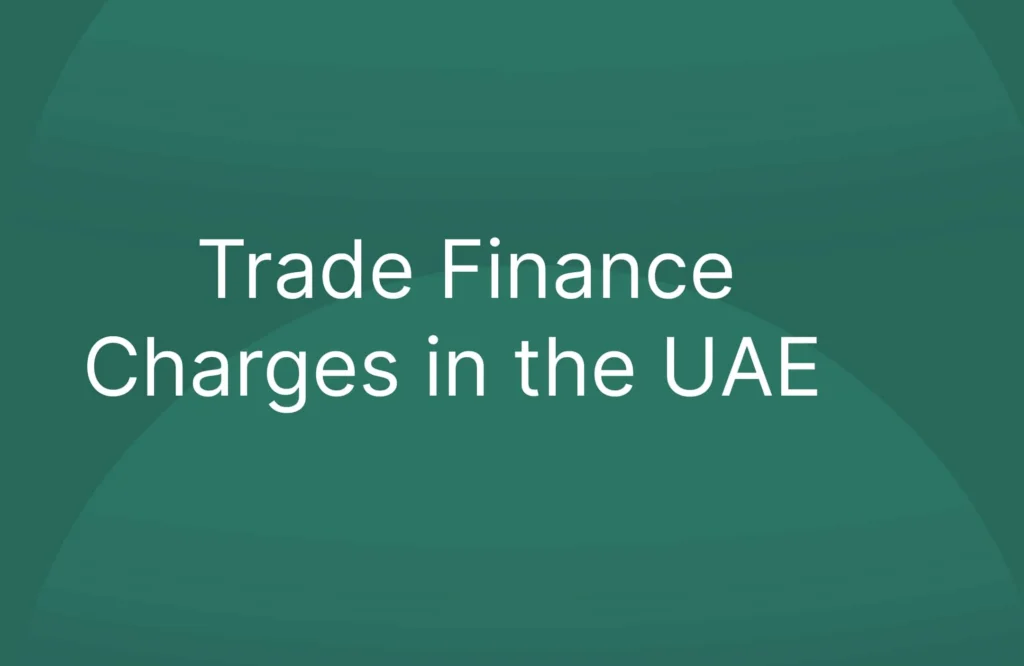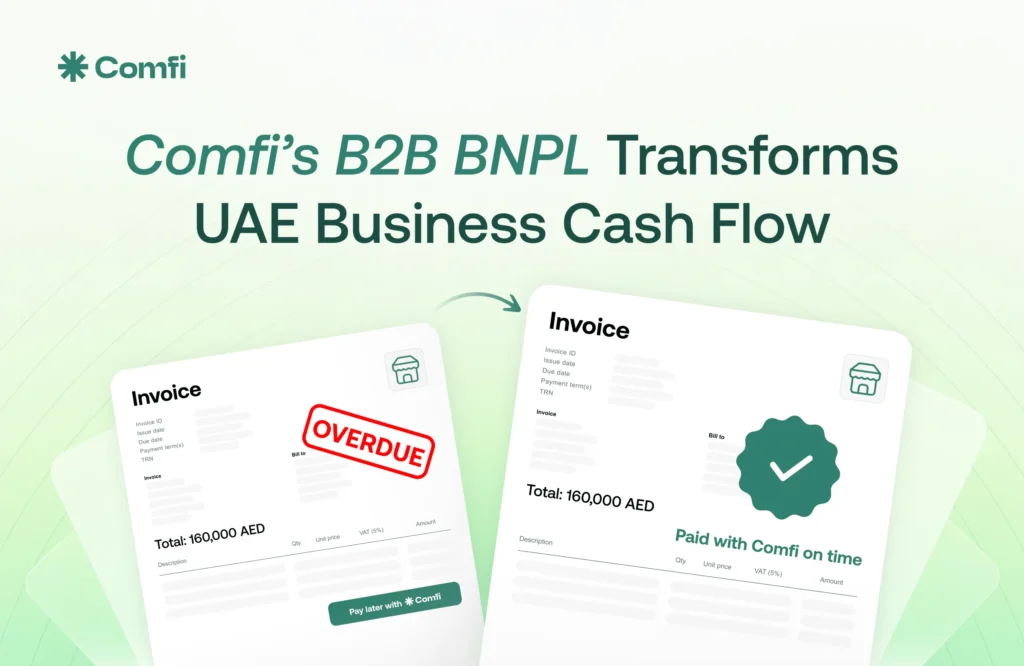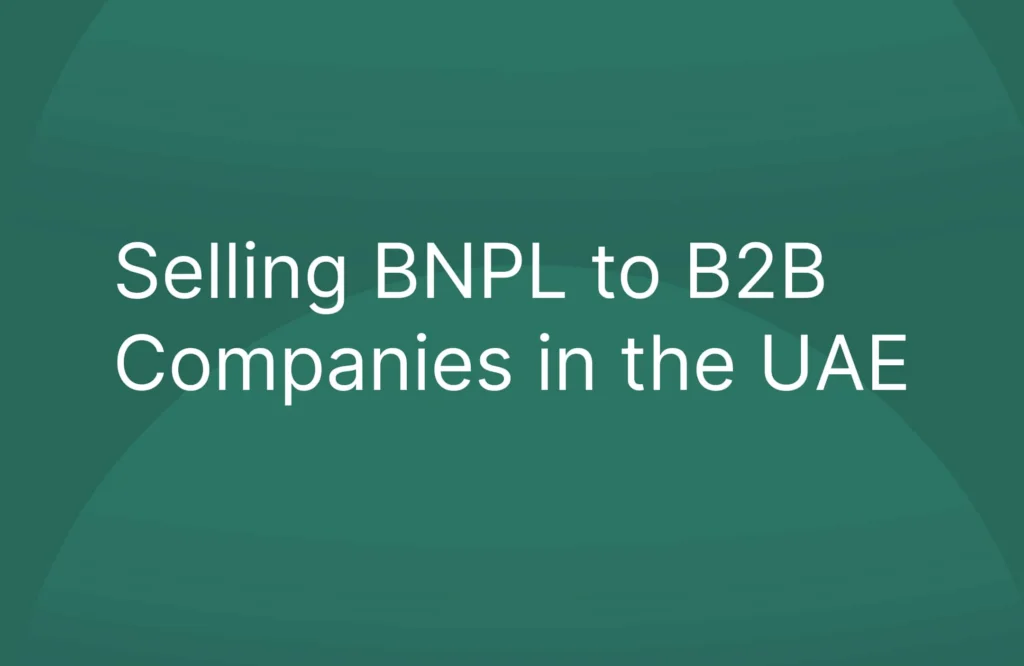The Importance of Trade Finance
Trade finance plays a crucial role in facilitating international trade by providing financial support and risk mitigation to businesses. In the UAE, trade finance services are widely used by companies engaged in import and export activities.
However, trade finance comes with associated costs that businesses must consider when planning their trade transactions. Understanding these charges is essential for making informed decisions and managing cash flow effectively.
Common Trade Finance Charges in the UAE
- Letter of Credit (LC) Charges: LCs are widely used in international trade to mitigate risks. Banks in the UAE typically charge a percentage of the LC value, which can range from 0.5% to 2% depending on the bank and the specific terms of the LC.
- Documentary Collection Charges: When using documentary collections, banks charge fees for handling and processing the documents. These charges can vary depending on the bank and the complexity of the transaction.
- Trade Loan Interest: If a business opts for a trade loan to finance its transactions, it will incur interest charges. Interest rates can vary depending on the bank, the borrower’s creditworthiness, and the loan tenor.
- Bank Guarantee Charges: When a bank issues a guarantee on behalf of a business, it charges a fee. This fee is typically a percentage of the guarantee amount and can range from 1% to 3% or more.
- Other Fees: Banks may also charge additional fees for services such as document handling, SWIFT messages, and courier services.
Factors Affecting Trade Finance Charges
Several factors can influence the trade finance charges a business may face in the UAE:
- The type of trade finance service used (LC, documentary collection, trade loan, etc.)
- The value and complexity of the transaction
- The creditworthiness of the business
- The bank’s own fees and charges
- Market conditions and competition among banks
Reducing Trade Finance Costs with Fintech Solutions
Traditional trade finance services can often be costly and time-consuming, especially for small and medium enterprises (SMEs). However, the emergence of financial technology (fintech) solutions has provided businesses with alternative options that can help reduce costs and streamline processes.
In the UAE, Comfi has emerged as a leading fintech platform that offers innovative trade finance solutions. Comfi’s unique advantages include:
- Competitive Pricing: Comfi offers transparent and competitive pricing, helping businesses save on trade finance costs.
- Fast Approvals: With Comfi, businesses can get trade finance approvals within hours, reducing delays and opportunity costs.
- Flexible Terms: Comfi provides up to 90 days of credit, allowing businesses to manage their cash flow more effectively.
- Digital Process: Comfi’s fully digital platform eliminates paperwork and streamlines the trade finance process, saving time and money.
By partnering with leading banks like First Abu Dhabi Bank (FAB), Comfi combines the strengths of traditional banking with the agility and cost-effectiveness of fintech.
Choosing the Right Trade Finance Partner
When selecting a trade finance partner in the UAE, businesses should consider factors such as:
- Transparency in pricing and fees
- Speed and ease of the application process
- Flexibility in credit terms and repayment options
- Availability of digital solutions to streamline operations
- Expertise in serving your industry and understanding its unique needs
Comfi ticks all these boxes and more. With its focus on providing fast, flexible, and cost-effective trade finance solutions, Comfi is well-positioned to support your business growth while helping you manage costs.
To learn more about how Comfi can help your business optimize trade finance costs in the UAE, visit comfi.ai.
Read also: Trade Finance Officer in the UAE


